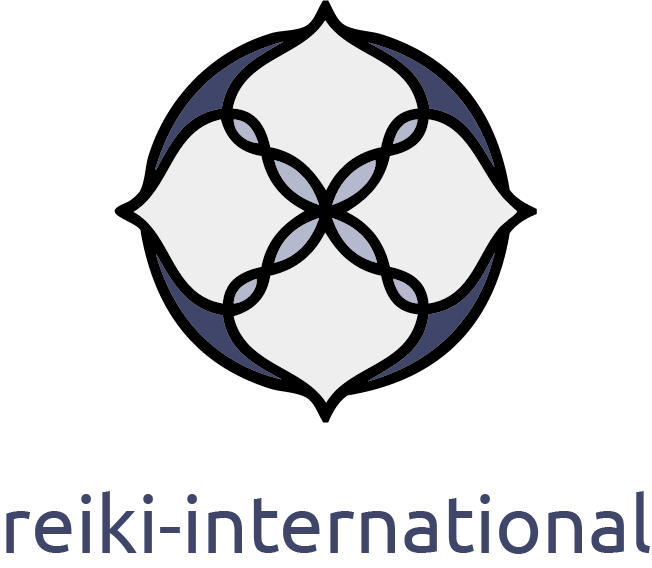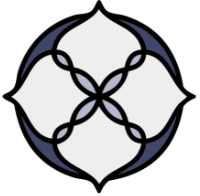Three scholars on the subject of Initiation. Disenchanting or enlightening?
The heart of Reiki is Initiation. Initiation is the act of the Reiki teacher in the seminar, which enables access to reiki*, sensitizes the participant’s hands, so that the “Reiki energy” can manifest itself. In their treatise Dori Beeler (USA), Liad Horowitz (Israel) and Jojan Jonker (Netherlands) discuss the historical roots and further development of Initiation.
BeelerHorowitzJonker 2019 – Initiation
This is the authors’ original document. (This article is a translation from German. For a translation of the document into German please change language at the top of this article.)
Point of view
The answer lies in the angle of vision. For some Reiki styles, the work may contain something new, controversial about the doctrine that has been in place until now. For example, it is questioned whether there can be an uninterrupted master Initiation line from the present time back to the founding father Mikao Usui (1865-1926). Others may be taken aback by the fact that there was only one form of Initiation for all degrees during the founding period. In these observations it should be kept in mind that Usui did not form Reiki until 1922 and that Initiation became a topic only during the final 3 years of his life.
It also shows that the chakra teaching was not a topic for Usui and that it was introduced with the further development of the Initiation procedure. It is also revealing that already from the cultural roots in Shintō and in Buddhism a differentiation between “initiation” and “attunement” is recognizable. This is in line with our own understanding today.
Heart Initiation and the other chakras
When Mischa and I started in 1990, Reiki history was not really explored yet. Our teachers already knew that much of the oral tradition was more of a legend than a historical fact. However, the latter was not researched at that time and no publications were accessible. This changed in 1997 with Reiki Fire, the then revolutionary book by Frank A. Petter. In recent years, historians have set to work and written treatises and doctoral theses on the subject.
The most essential insight for us was that the four Initiations in Reiki 1 as we practice them today were not handed down by Usui in this form, but that they developed with the inclusion of the Chakra teachings over time, respectively were adapted accordingly. At which point – from Chujiro Hayashi (1880-1940) to HawayoTakata (1900-1980) and from her on to us in the West – the chakras were included is not yet clearly documented. From conversations with scholars, I gather that this may have already happened at Hayashi’s time.
“One family.”
Conclusion of the work
The conclusion of the scholarly work has a very conciliatory character, because it emphasizes that the modern forms of Initiations are not only effective and remain so, but that they are all rooted in Usui’s original handling. The key message at the end is that we are all tribes of one and the same family.
My own reflection?
Nothing in the article finds rejection in me. On the contrary, I see much confirmed that has been conveyed in Mischa’s and my tradition and that we carry on. Not least the (heart) Initiation as we practice it in our 3A environment. To be honest, my heart cheered when I read the document and I was overwhelmed by great gratitude to our Reiki teachers. John and Esther Veltheim had already published the groundbreaking book Reiki – the science, metaphisics and philosophy in 1995.
Alltogether I recognize much of our modern handling in the research of the cultural origin of Initiation. Roots that go back many centuries. That fits. It fills me with joyful satisfaction and with a longing for even deeper insights.
Initiation is more
I would have liked it if the article had illuminated the elements “attunement” and above all “Initiation” in more detail. Part of our own tradition is that Initiation is more than “just” releasing reiki. I like to call this “more” a “spiritual gift”. From the nebulousness of this term one can easily see that this topic would deserve its very own treatise. But this is beside the point because the article’s central statement is focussing on a different topic. Therefore, my personal wish must not be understood as criticism.
Master symbol
Nonetheless, the subject of Initiation is very complex and it is existential for Reiki. So I do hope for further research as discussed in this paper. For example about the Master Initiation and the connection to the so-called “Master Symbol”. Secretly I hope that some of the speculative theories from my own studies of the old Reiki history will find some resonance. I look forward to it.
The special quality of the scholars

Therapists and teachers who are in the front line every day occasionally speak of the ivory tower of academia and allude to their distance from so-called reality. Conversely, it is also true that practitioners are mostly prejudiced by their own Reiki styles and opinions, which in turn are causally related to many of the dissonances in the Reiki world (“My Reiki practice is better than yours”). Scientists are inherently committed to impartiality and objectivity, which is, next to the content, the special quality of the scholar’s work. This “Initiations” document is important. Not least because it comes from neutral, objective academics.
Future
Most of all, I am looking forward to “interdisciplinary” work. What does that mean? Well, the article is written by three agents of so called soft sciences. I am happy about it and grateful for it. But it will be even more exciting for me if these findings interlock with physics or medicine, for example. In ERG there is a group of scholars from the humanities and so called hard sciences. This interdisciplinarity, however, is not enough for the group. They also involve experienced practitioners which allows me also to have my fingers on the pulse of the action. (That alone would have been a good reason to co-found ERG …)
To be continued.

René
The photo shows Mischa in the auditorium of a high school in northern Portugal on the occasion of final assignment on the topic of depression among juveniles. Sitting behind her is the student and Dr. Jojan Jonker, co-author of the “Initiation” paper. His doctoral thesis: Reiki – The Transmigration of a Japanese Healing Practice.
* Reiki is written when teaching and practice are meant and reiki is written when it refers specifically to the energetic phenomenon “from the origin of life” (quote ProReiki).
The original article is written in German, translation was aided by deepl.com.


